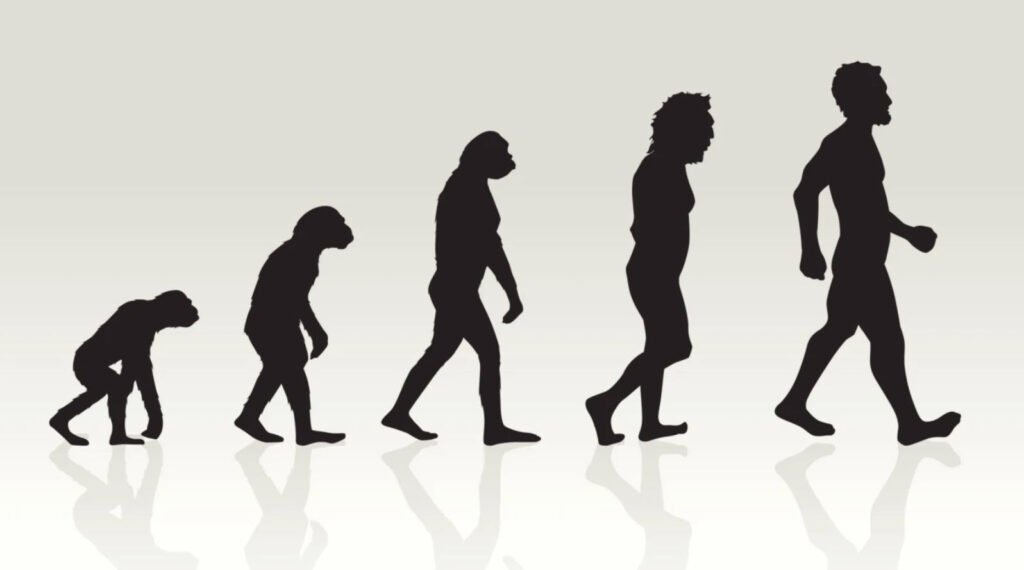Human beings have long been fascinated by the idea of extending their lifespans, seeking the elusive fountain of youth or the secret to immortality. While we may not have discovered the key to immortality just yet, recent research has shed light on an intriguing factor that contributes to the extended lifespan of humans compared to other mammals.
This factor is linked to the rate at which our cells undergo genetic mutations.
The Peto Paradox: A Mysterious Lifespan Anomaly
For years, scientists have explored the relationship between genetic mutations and aging. The prevailing notion was that as our cells accumulate genetic mutations over time, our chances of mortality increase. However, this theory posed a perplexing inconsistency known as the Peto paradox.
The Peto paradox suggests that if mortality were solely dependent on the accumulation of somatic mutations, larger species with more cells should, logically, experience more mutations and thus have shorter lifespans. This implies that elephants, with their significantly greater number of cells compared to humans, should have shorter lifespans. Yet, in reality, elephants live considerably longer than humans.
To address this paradox, scientists have delved into the role of genetic mutations in determining the human lifespan. What they discovered was both fascinating and complex.
Genetic Mutations and Human Longevity
Recent research has revealed that the rate at which human cells undergo genetic mutations is intricately tied to our lifespan. Human cells experience an average of 47 replacement mutations per year, which, in turn, contributes to our impressive average lifespan of 83.7 years.
These mutations are a natural part of the aging process, occurring within our somatic cells as they divide and replicate. The cumulative effect of these mutations can lead to various age-related health issues, ultimately impacting our overall lifespan.
The key to human longevity, it seems, is not just the number of cells or mutations but the intricate balance and regulation of genetic changes. Human cells have developed mechanisms to repair and mitigate the damage caused by mutations, which may be a contributing factor to our extended lifespan compared to other mammals.
The Road to Immortality?
While these findings provide valuable insights into the factors that influence human lifespan, achieving true immortality remains a distant dream. The quest for an eternal life continues to elude us, as aging is a complex process influenced by a multitude of factors, including genetics, lifestyle, and environmental influences.
Understanding the connection between genetic mutations and longevity is undoubtedly a step forward in the pursuit of a longer, healthier life. It highlights the importance of ongoing research into aging and the potential for interventions that may one day help extend the human lifespan. However, for now, while we may have unlocked some of the mysteries surrounding our longevity, the quest for immortality remains a tantalizing and challenging endeavor.



